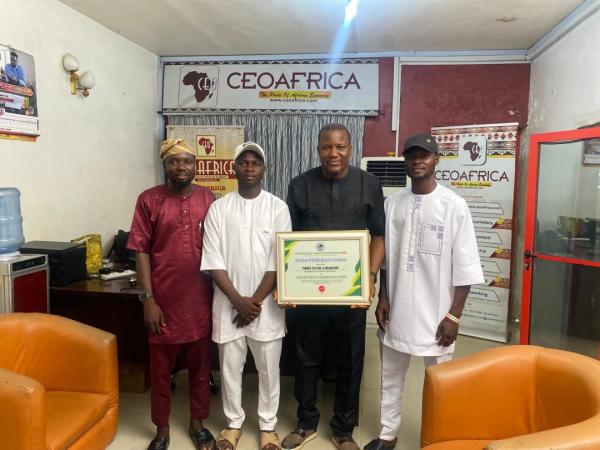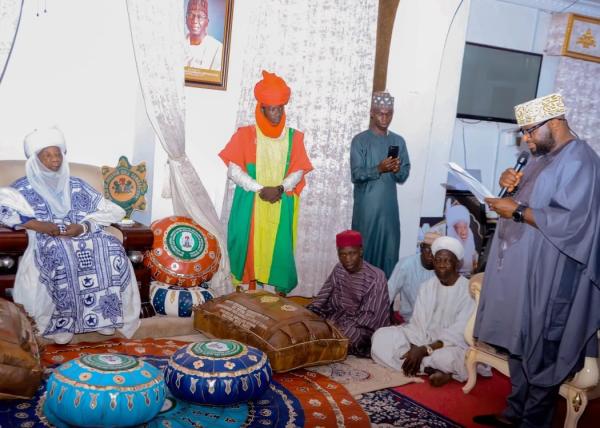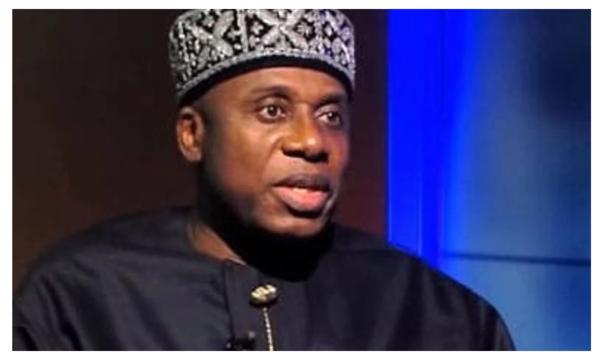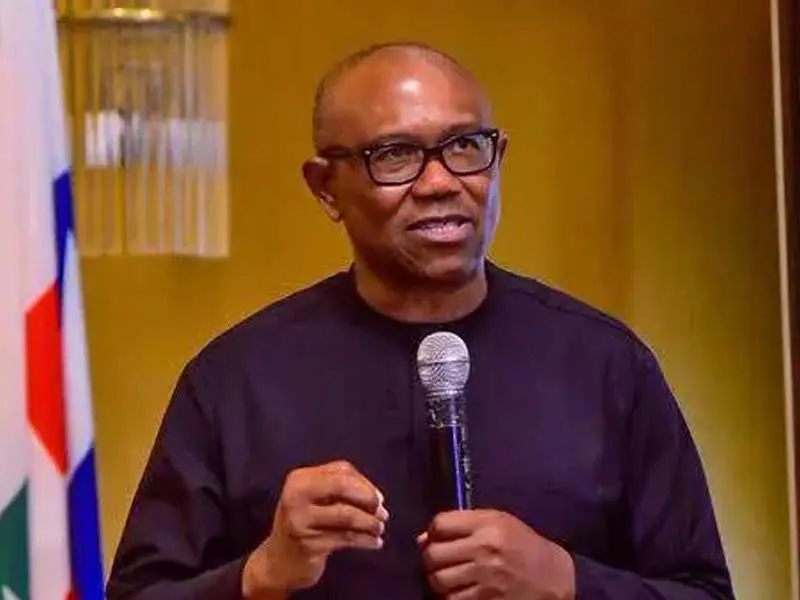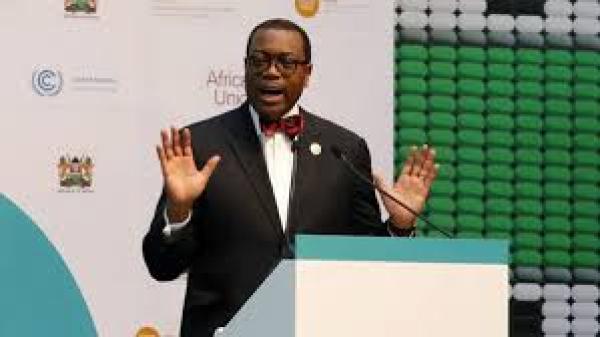
The President of the African Development Bank (AfDB), Dr Akinwumi Adesina, says an increase in the Gross Domestic Product (GDP) must translate to job creation for youths to ensure growth on the continent.
Adesina said this at a presentation on the African Economic Outlook held on the sidelines of the ongoing 2024 Annual Meetings in Nairobi.
The AfDB president dismissed the pursuit of GDP growth, adding that the quality and impact of growth on job creation are paramount.
“We have to ensure that our growth also gives value to youth and women. We do not need GDP.
“It does not matter how that GDP is. We have to make sure that it is creating quality jobs for our people,’’ he said.
Adesina identified youth unemployment as a critical issue, pointing out that Africa could not afford to have 477 million young people under the age of 35 without opportunities.
“I have said it: Migration to Europe is not Europe’s problem. It is our problem. We cannot have 477 million young people under the age of 35 and have nothing for them.
“We must invest in our young people, in their skills, talents, and entrepreneurship, and give them tools.”
He expressed enthusiasm for initiatives like the Youth Entrepreneurship Investment Banks and the Special Agricultural Processing Zones, designed to transform agriculture structurally.
Adesina also emphasised the potential of the African Continental Free Trade Area (AfCFTA) to boost industrial manufacturing and trade within Africa, reducing dependency on exports outside the continent.
“Trading among ourselves in a free trade zone must be backed by industrial manufacturing to avoid being competitively poor.
“We need consolidated infrastructure for export-oriented industrial manufacturing to increase our manufacturing share of GDP,” Adesina said.
Addressing financial strategies, Adesina called for increased domestic resource mobilisation, a stronger private sector, and a shift from reliance on commercial creditors to concessional finance.
He urged for more blended funds to accelerate the continent’s development and expressed gratitude for governments’ robust support for the AfDB’s capital increase.
According to him, this is crucial for maintaining the bank’s triple-A rating and securing long-term, low-interest financing for Africa.
Adesina highlighted governance, transparency, and accountability as essential for Africa’s progress.
He said that Africa had 6.8 billion dollars in national capital assets as of 2018, which, if managed transparently and effectively, could significantly accelerate the continent’s transformation.
“Africa’s future is bright, but we must tackle governance issues and ensure our resources are fully utilised for the benefit of our people,” Adesina said.












